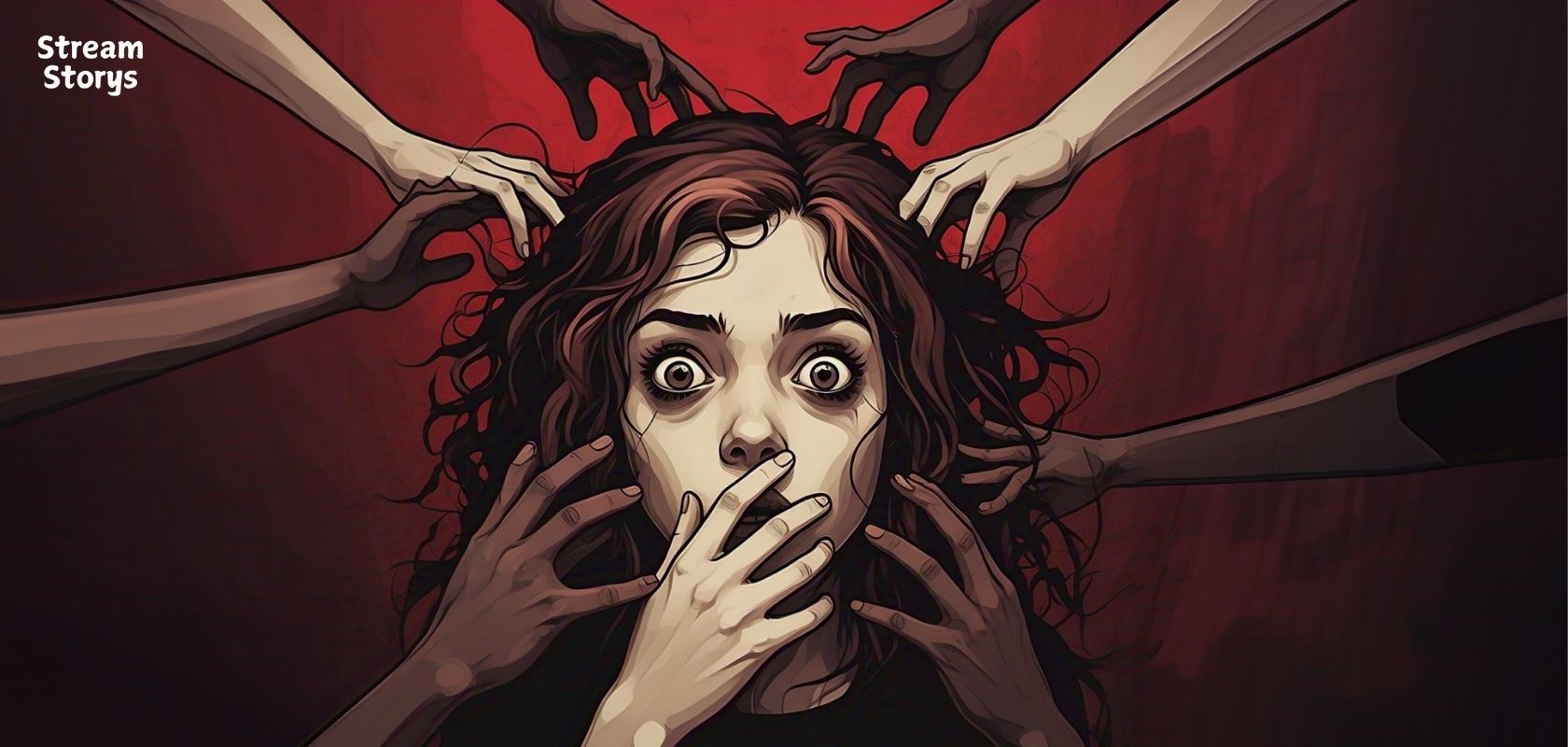
Nirbhaya
On the night of December 16, 2012, in the bustling streets of Delhi, a young woman named Jyoti Singh, who was later known by the name "Nirbhaya," was about to board a bus that would change her life forever. She was just 23 years old, a bright, ambitious, and courageous student who had dreams of becoming a successful physiotherapist. Like many others, she was traveling back home after a long day of work and studies, hoping for a peaceful journey.
That evening, Nirbhaya, accompanied by a male friend, boarded a private bus, not knowing that this bus would become the scene of unimaginable horror. The bus, which appeared ordinary on the outside, was actually driven by six men who had been planning to commit a heinous crime. As the bus started moving through the dark streets, the men, who were intoxicated and driven by vile intentions, began their attack.
They first tried to overpower her male friend, but he fought back bravely. However, the attackers were far too many, and soon, they turned their focus entirely on Nirbhaya. They dragged her to the back of the bus, where they violently raped and tortured her for hours. Her screams echoed through the streets, but the bus windows were closed, and no one dared to intervene. Nirbhaya’s body was bruised and battered, and her dignity was stolen in the most brutal manner possible.
After the attack, the men threw Nirbhaya and her friend out of the bus on a busy road, leaving them to die. Nirbhaya, bleeding and in extreme pain, managed to crawl and seek help. Her friend, who was also injured, helped her as best as he could, but their situation was dire. Eventually, they were found by a passerby, and an ambulance was called. Nirbhaya was rushed to the hospital, where doctors fought desperately to save her life.
Despite all efforts, the injuries Nirbhaya sustained were too severe. Her internal organs had been damaged beyond repair, and she succumbed to her injuries after battling for her life for several days. She passed away on December 29, 2012, in Singapore, where she had been transferred for better medical care. The nation was in shock, and the news of her death spread like wildfire.
The story of Nirbhaya’s brutal assault sparked outrage across the country. People from all walks of life took to the streets in protest, demanding justice for her and for all women who had suffered similar fates. The public’s anger was palpable, and the protests soon turned into a nationwide movement for women’s safety and the end of sexual violence.
In the wake of Nirbhaya’s death, the Indian government faced intense pressure to take action. The case led to a broader conversation about the safety of women in India, the justice system’s handling of sexual assault cases, and the need for stronger laws. The government responded by introducing the Nirbhaya Fund to support the safety of women, and the Indian Penal Code was amended to make punishments for sexual crimes harsher.
However, no law could undo the damage done to Nirbhaya and her family. The family, especially her parents, were left shattered by the loss of their beloved daughter. They were heartbroken, but they chose to keep fighting, not just for Nirbhaya but for every woman who had ever been a victim of violence.
The case also revealed the shocking indifference and cruelty of the attackers. One of the perpetrators, Mukesh Singh, who was the bus driver, later claimed in an interview that the victim was “responsible” for what happened because she fought back. His words showed the deep-rooted misogyny that continues to exist in some parts of society. But Nirbhaya’s family and the public would not let the injustice go unpunished.
The trial of the accused men was a long and painful process. Four of the men were convicted and sentenced to death, while one juvenile was sentenced to three years in a reform home. The remaining man, who was the bus driver, also faced the death penalty. The case highlighted the deep flaws in the justice system, especially the slow pace of trials and the leniency shown to some offenders.
In the years following Nirbhaya’s death, her story became a symbol of resilience and a rallying cry for women’s rights in India. Nirbhaya’s mother, Asha Devi, became a powerful voice in the fight for justice, speaking out against the violence women face and demanding that society take responsibility for its actions. She, along with many others, worked tirelessly to ensure that Nirbhaya’s death was not in vain.
Though justice was served in the legal sense, Nirbhaya’s family and the nation at large understood that the fight for women’s safety was far from over. Her case shone a spotlight on the need for societal change—one where women are treated with respect, where their safety is prioritized, and where their voices are heard. Nirbhaya’s memory lives on as a symbol of hope for the future, a reminder that change is possible if the people stand together and fight for justice.
Her tragic death will always be remembered, but it also sparked a movement that continues to this day, urging India to become a safer place for women, and for every Nirbhaya who walks the streets in hope of a better future.
Credits
Posters : Photoshop, Meta AI, Canva. Designed by Jessi Hemanth